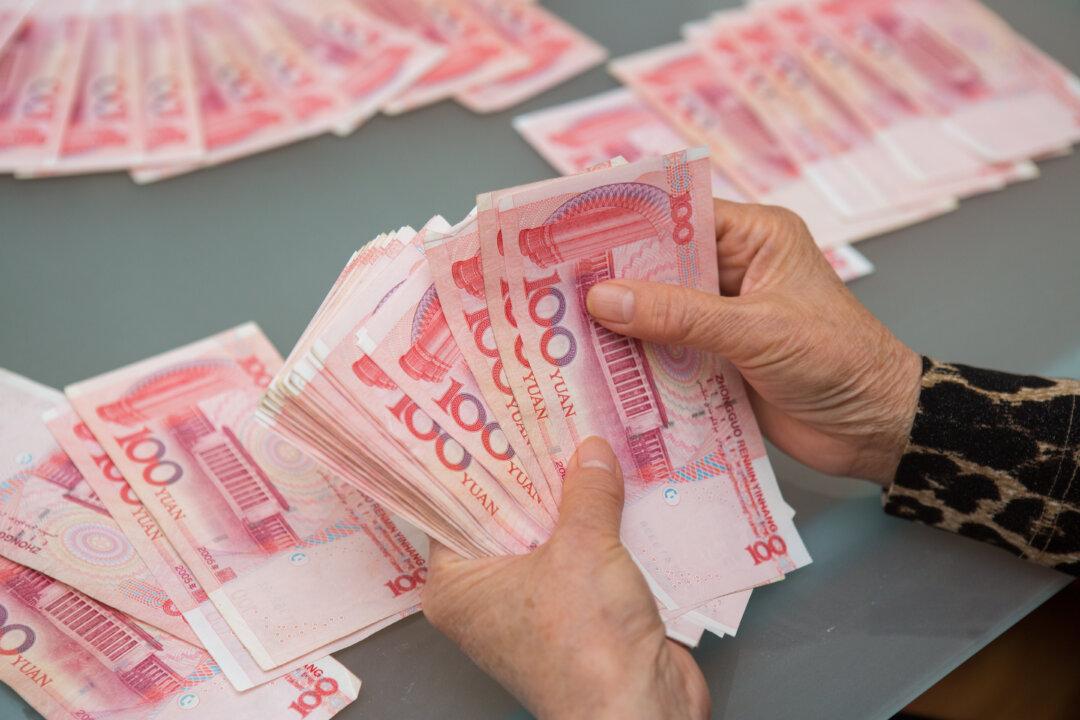Shorting the Chinese currency is the most popular trade among hedge funds in 2016. As one trader in New York puts it: “Everybody is betting on a devaluation of the yuan.”
Mark Hart of Corriente Capital, for example, thinks the Chinese currency will go down 50 percent against the dollar in 2016.
Despite some relatively substantial swings, the currency is more or less unchanged for the year, though, as China has used $100 billion of its currency reserves (it had as many as $4 trillion at its height in August 2014) to defend the yuan as even more capital flowed out of the country.
So investors like Mark Hart and Hayman Capital’s Kyle Bass think this reserve drain caused by capital outflows cannot continue forever and, at some point, China will just have to let its currency go. But is this really true?
Banking Crisis
At the heart of the argument in the short yuan community is China’s bad debt problem, which nobody really disputes.
“China’s banking system is approximately $30 trillion in size and the bad assets are approximately 24 percent or so. That’s $7 trillion–$8 trillion of bad assets,” says Evan Lorenz of Grant’s Interest Rate Observer, citing research from J Capital Research.





